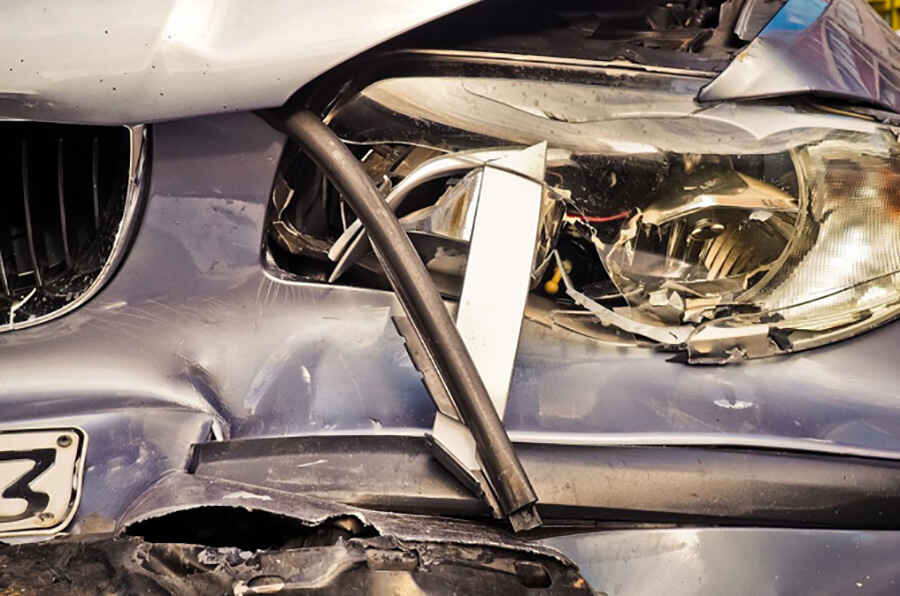Tips to Avoid Car Accidents on the Road and What to Do When One Occurs
Car accidents are an unfortunate reality on US roads. According to the National Highway Traffic Safety Administration (NHTSA), there are about 6 million car accidents every year in the United States, resulting in over 2.5 million injuries and around 37,000 deaths. With so many accidents happening, it's important for drivers to understand how to avoid accidents and what steps to take if they find themselves in one.

How to Avoid Car Accidents
There are several tips all drivers should keep in mind to reduce their chances of being in an accident. First, avoid distractions while driving. Activities like texting, eating, or adjusting music take your eyes and attention away from the road which can lead to missing hazards or reacting too late. If you need to do something, pull over safely first.
Going hand in hand with avoiding distractions is focusing on driving defensively. Be aware of other drivers around you and look ahead to spot potentially dangerous situations before they occur.
It's also critical to leave enough following distance between you and the car in front of you. Tailgating is a major cause of rear-end collisions; in fact, 43% of drivers have been involved in such an accident. A general rule of thumb is to stay at least 3 seconds behind the car ahead.
Also, make sure to properly yield right of way and obey all traffic signs and signals. Violating traffic rules is a recipe for accidents.
Additionally, always drive sober and avoid drowsy driving. Drunk driving causes around 37 deaths every day in the US. Fatigued driving is similarly dangerous. Make sure to get adequate rest before a long trip and stop to rest when needed.
Finally, showing courtesy to other drivers goes a long way. Use your signals, don't cut people off, and let others merge. Defensive and considerate driving keeps accidents away.
What to Do After a Car Accident
But even when taking precautions, accidents can happen. If you find yourself in a collision, stay calm and check for injuries. Call 911 if anyone is hurt. Provide medical assistance if you can safely do so while waiting for emergency responders.
If the vehicles are moveable and there are no injuries, move them out of any traffic lanes to prevent secondary accidents.
Exchange information with the other driver including names, contact info, insurance details, and driver's license numbers. Get contact information from any passengers or witnesses as well. Refrain from discussing fault or making any statements about the cause of the accident, even if it seems clear-cut. Anything you say can possibly be used against you later.
Use your phone to take photos of the accident scene from all angles. Capture images of vehicle damage, skid marks, and final positions of the vehicles involved. If safe, take close-up shots of the vehicle licenses plates too. All this evidence will be useful for insurance and any legal proceedings later.
Speaking of which, it's very important to contact your insurance provider and report the accident as soon as feasible after the collision. However, avoid recording a statement about the accident for them right away. It's advisable to first consult with an attorney experienced in car accident law before providing an official account of the incident. They can advise if you may be vulnerable to any liability claims, even if you believe you did nothing wrong. A car accident attorney can also handle communications with insurance companies going forward—click here to find out more.
While a traffic collision can be stressful and inconvenient, following the right steps at the scene and contacting a legal professional afterwards can ensure you are protected from unnecessary financial or legal impacts down the road.